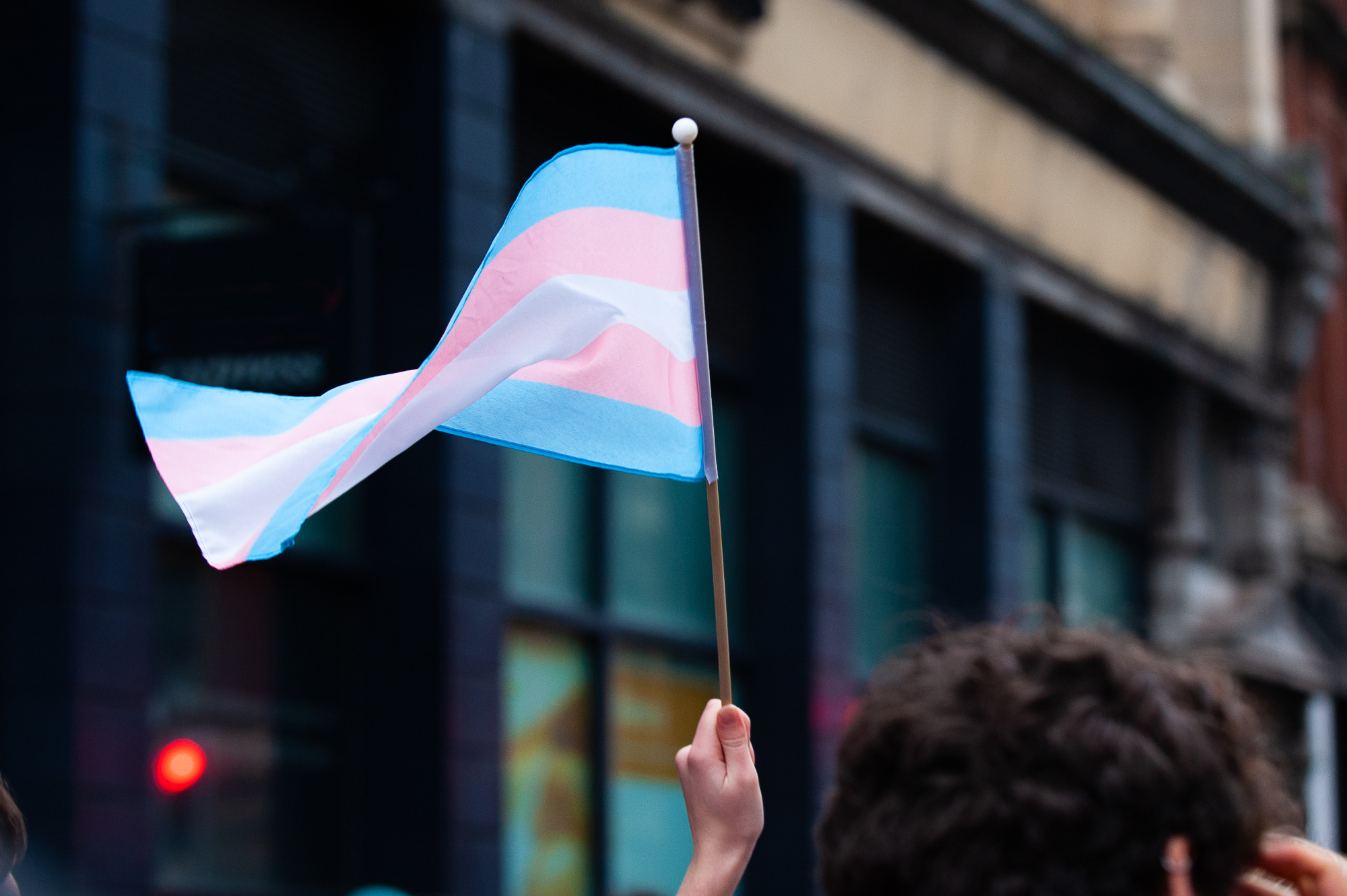The reaction in Ireland to the UK Supreme Court’s decision on the meaning of ‘woman’ in the Equality Act has been revealing. The ruling, which found that women are defined by their biological sex and not a gender recognition certificate, has been watched carefully in Ireland, where trans people have been able to apply to change their gender since 2015.
The Irish law making this possible was passed without much attention being paid to it at the time. But in the decade since, trans issues have become the most viciously fought front in the culture wars.
Irish politicians and the media have been largely silent on the matter, preferring to stay out of a debate that has a nasty habit of leaving scars on anyone who gets involved. Sinn Fein’s health spokesman, David Cullinane, found that to his cost and was the first TD to be left battered and bruised when he hailed the UK decision as ‘a common sense judgment… The ruling needs to be fully examined in this state.’
It was a rare outbreak of common sense from a senior member of a party that has become widely mocked for hopping on every passing populist bandwagon.
But the unfortunate Cullinane was quickly forced to delete his tweet and issue a grovelling apology:
‘I want to apologise for the hurt and offence I have caused the Trans community following a Tweet I sent last night. That was never my intention. This is a complex issue for many but we need to approach it with compassion, understanding and dignity for all.’
If his initial tweet took many by surprise, his subsequent rather humiliating climbdown didn’t. His party leader, Mary Lou McDonald, has often expressed support for her brother, Bernard, since he decided to become a woman and it is widely believed that the party will brook no dissent on the matter as a result. That might be fine with its younger, more metropolitan members in Dublin, but it’s unlikely to be a popular position with its older, more traditional and conservative Catholic supporters in rural Ireland.
But as Cullinane learned, even apologising is no longer enough for many trans activists. A group calling themselves Trans and Intersex Pride have warned the Shinners that unless they officially clarify their stance on what is a woman, they will be banned from the Pride march later this summer.
That may not seem such a burden to most people, but Sinn Fein have assiduously courted the gay and trans lobby in recent years and given McDonald’s family history it’s fair to guess that she gave her health spokesman the mother of all scoldings.
As for the Irish government, the equality minister, Fianna Fáil’s Norma Foley, reassured trans people this weekend that the UK ruling would have no bearing on Irish law and she cited both domestic and EU equality legislation that would mean Ireland’s lax approach to self-identification would remain in place. But while Irish politicians clearly want this row to simply go away, last week’s Supreme Court decision will undoubtedly have ramifications for the Republic.
That’s particularly the case for the increasingly contentious issue of gender self-ID rules which have allowed violent men to serve their time in women’s prisons. The most infamous of these cases involved a man called Barbie Kardashian who has a long history of violence against women and was placed in Limerick women’s prison in 2022.
Kardashian, born Gabrielle Alejandro Gentile, made repeated threats to rape and kill his own mother in a variety of sexually depraved ways and remains an obvious threat to women. Trans activists, however, remain mute on such cases.
TENI (Trans Equality Network Ireland) did find time, however, to condemn the UK Supreme Court ruling, saying that it ‘is a step back for human rights in the UK… we know that trans women face systemic exclusion, marginalisation and violence and are targeted and demonised by political actors, media and anti-trans activists.’
As is usually the case with such wild hyperbole, there is little by way of evidence to actually support these assertions. But while LGBTQ+ campaigners have been quick to express their fury and attack anyone who supported the ruling, barrister Laoise de Brun, founder of the feminist group The Countess, which has campaigned for women’s privacy and spaces to be protected, was rather more upbeat about the prospects of changing Irish law in the wake of the ruling. As de Brun put it: ‘The GRA (Gender Recognition Act) was brought in to protect the 1 per cent but catastrophically failed to protect the 51 per cent. The Irish government must reform the GRA immediately.’
With the Department of Justice referring inquiries about the Supreme Court ruling to the Department of Social Protection and the Department of Social Protection refusing to issue a statement or any sort of clarification, it’s obvious that Official Ireland simply wants this third-rail issue to disappear.
It’s the same story for much of the media, who have been reluctant to touch the thorny topic of gender for years. It’s interesting to note that some of the most well known gender critical voices in the UK have been Irish. Graham Linehan, Stella O’Malley, Helen Joyce and Fiona McAnena have all been prominent figures in the debate but have been largely ignored in their home country. The fact that Joyce was interviewed for the first time by an Irish newspaper two weeks ago is a sign that things are changing.
It’s obvious that the UK’s decision has provided succour for gender-critical groups here. But for the feminists who have been fighting an often lonely battle for women’s rights in Ireland, things can’t change soon enough.








Comments